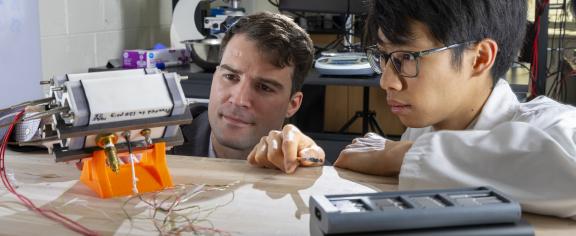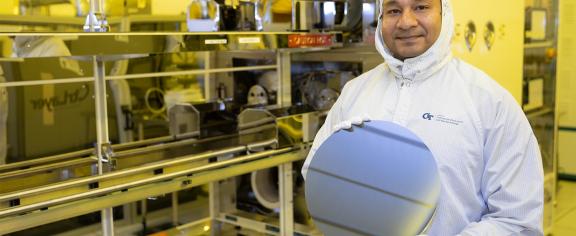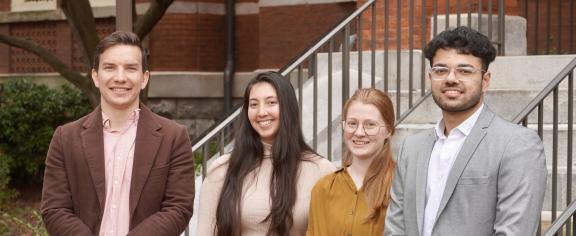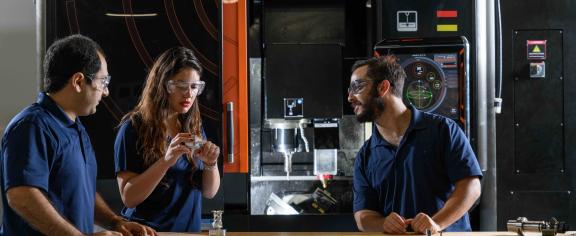2026-02-12
The National Academy of Inventors (NAI) has ranked Georgia Tech among the top 20 universities worldwide for U.S. utility patents granted in 2025.
2026-02-03
At Georgia Tech, engineers are finding new ways to shrink transistors, make systems more efficient, and design better computers to power technologies not yet imagined.
2026-02-02
Through the startup Skopii, Georgia Tech researchers are translating lab-developed imaging and AI technology into a market-ready platform for faster, more accessible microbial monitoring.
2026-01-16
The Iranian regime’s internet shutdown, initiated on Jan. 8, 2026, has severely diminished the flow of information out of the country.
2026-01-22
To understand how a nation can turn an adversary’s lights out without firing a shot, you have to look inside the controllers that regulate modern infrastructure.
2026-01-15
Four graduate students from the College of Sciences were selected for the new Community Engagement Graduate Fellowship, made possible through a gift from Google, to develop projects that positively impact the metro Atlanta area.
2026-01-08
Georgia Tech’s hybrid manufacturing innovations are transforming defense and industry alike, turning complex repair challenges into fast, scalable solutions that boost performance, resilience, and real world impact.
2026-01-07
Inside Georgia Tech’s Advanced Manufacturing Pathways program, high school students learn to design, build, test, and dream big through a collaboration that’s reshaping classrooms and communities.
2025-12-17
A Ph.D. graduate’s research shows that the more humanlike an AI agent is, the less likely a user is to follow it.
2026-01-05
This is the Institute’s best ranking in the National Science Foundation’s annual survey.








